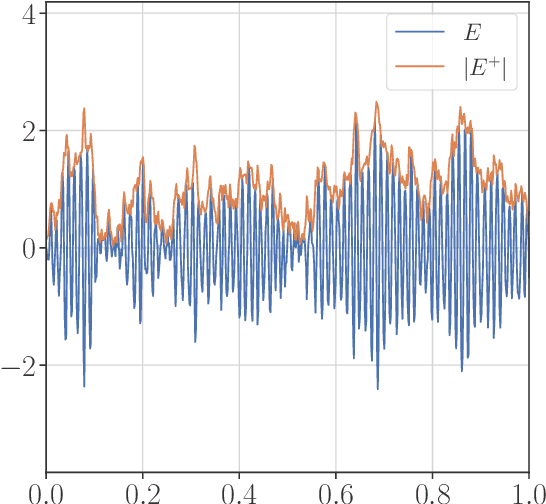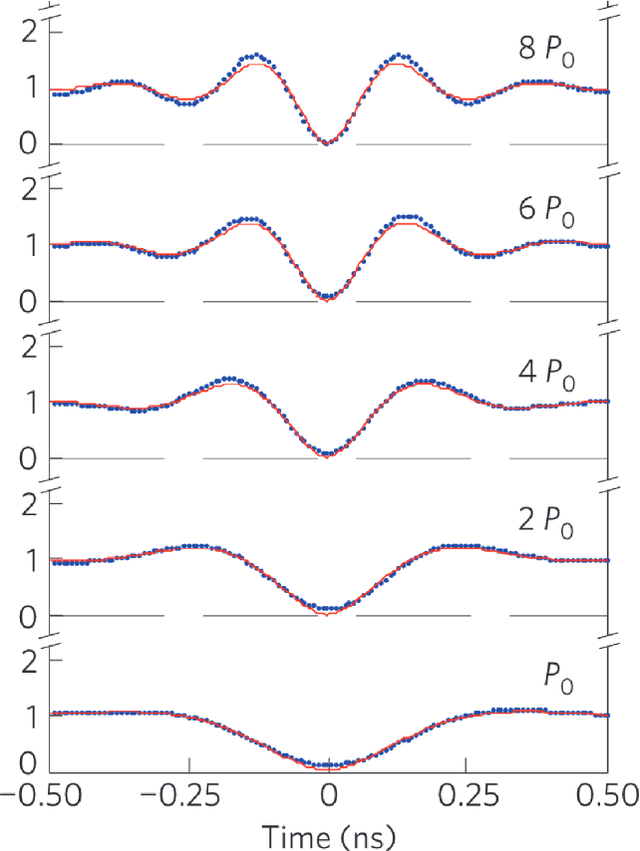Jérémie Bouttier
From point processes to quantum optics and back
Oct 11, 2022



Abstract:Some fifty years ago, in her seminal PhD thesis, Odile Macchi introduced permanental and determinantal point processes. Her initial motivation was to provide models for the set of detection times in fundamental bosonic or fermionic optical experiments, respectively. After two rather quiet decades, these point processes have quickly become standard examples of point processes with nontrivial, yet tractable, correlation structures. In particular, determinantal point processes have been since the 1990s a technical workhorse in random matrix theory and combinatorics, and a standard model for repulsive point patterns in machine learning and spatial statistics since the 2010s. Meanwhile, our ability to experimentally probe the correlations between detection events in bosonic and fermionic optics has progressed tremendously. In Part I of this survey, we provide a modern introduction to the concepts in Macchi's thesis and their physical motivation, under the combined eye of mathematicians, physicists, and signal processers. Our objective is to provide a shared basis of knowledge for later cross-disciplinary work on point processes in quantum optics, and reconnect with the physical roots of permanental and determinantal point processes.
 Add to Chrome
Add to Chrome Add to Firefox
Add to Firefox Add to Edge
Add to Edge